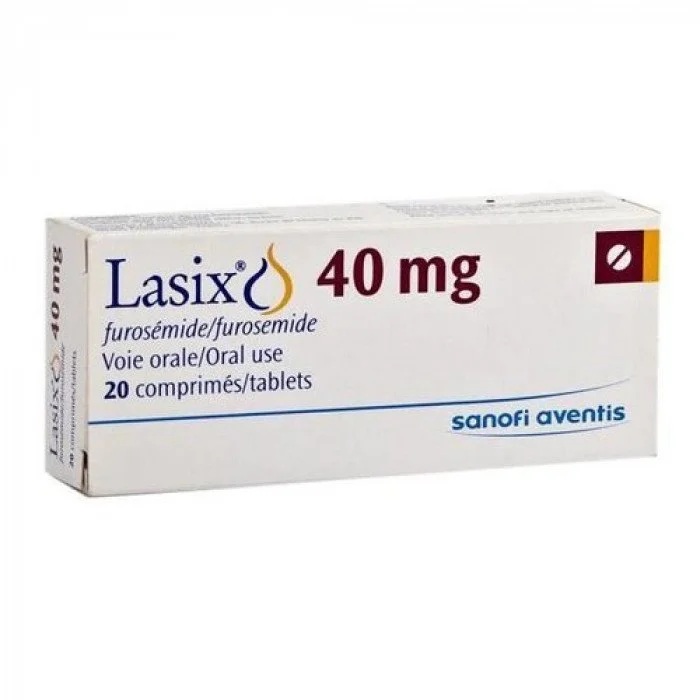Diuretics are a class of medications primarily used to promote the removal of excess salt and water from the body through increased urine production. They are commonly prescribed to treat conditions like hypertension, heart failure, kidney disease, and edema (fluid retention). By acting on the kidneys, they help reduce fluid buildup in the body. As a result it lowers blood pressure and alleviates symptoms associated with fluid retention.
There are three main types: thiazide , loop, and potassium-sparing diuretics.
While they are effective in managing various medical conditions, they can cause side effects. Common Side effects are dehydration, electrolyte imbalances (e.g., low potassium), dizziness, and increased urination. Regular monitoring of kidney function and electrolytes is essential during diuretic therapy. Overall, diuretics are valuable tools in the management of chronic conditions. Although they must be used carefully to avoid adverse effects.



